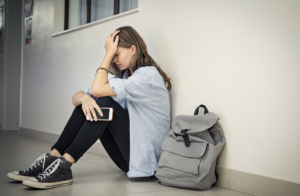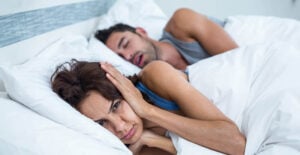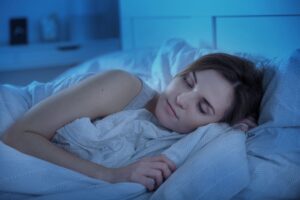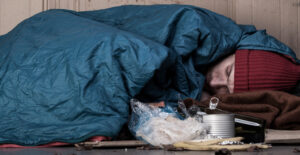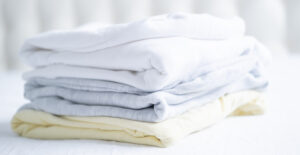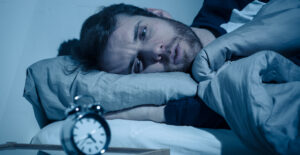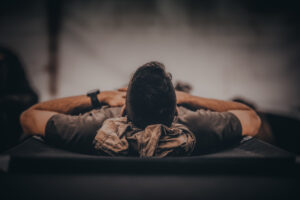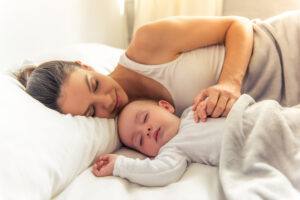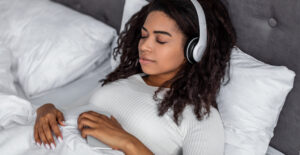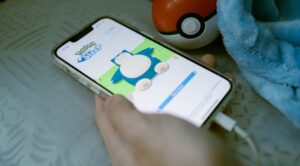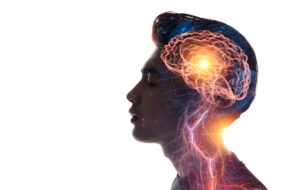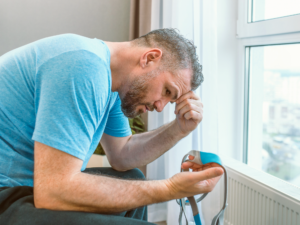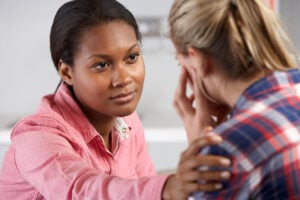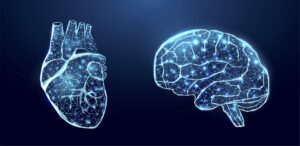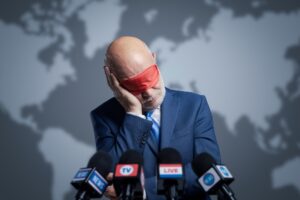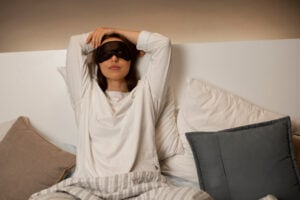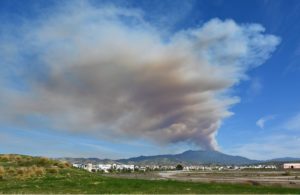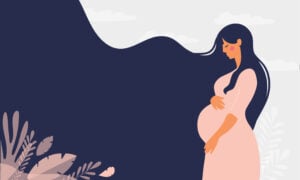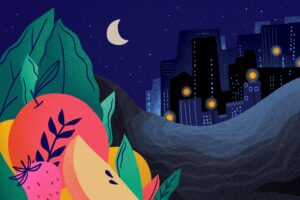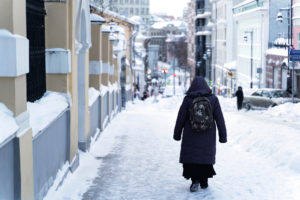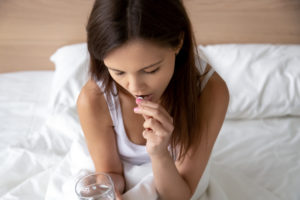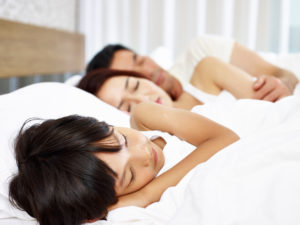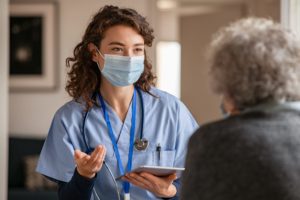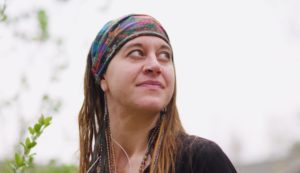Police Killings of Unarmed Black People Impact Sleep Health of Black Community

A new study has found that police violence against unarmed Black individuals has a ripple effect on sleep health in the Black community. In the months following a police altercation that results in the death of an unarmed Black person, Black Americans are significantly more likely to report short sleep (less than 7 hours per night) or very short sleep (less than 6 hours per night).
The study, published on February 5 in JAMA Internal Medicine, cites researchers from several universities and the National Institutes of Health who analyzed surveys of almost 200,000 Black teens and adults across the United States from 2013 to 2019. The surveys captured data that allowed researchers to compare how sleep times changed in response to current events. During the periods included in the study, there were 331 police killings of unarmed Black people.
Assuming that people would be more affected by local news, the authors first studied the effects of events in a person’s own state. They found that Black respondents were 2.7% more likely to report short sleep and 6.5% more likely to report very short sleep after a police-involved killing of an unarmed Black person in their state.
The authors also studied the fallout from a police killing of an unarmed Black person that received national media coverage, even if it occurred in a different state. In the months following one of these nationally reported cases, Black people across the country were 4.6% more likely to report short sleep and 11.4% more likely to report very short sleep.
The authors found no significant difference in sleep times after a police killing of an armed Black person. Also, surveys of white individuals showed no significant changes in sleep duration in response to police killings of unarmed Black people.

More research is needed to understand why Black individuals lose sleep after a police killing of an unarmed Black person. However, it’s likely that hearing news of these police killings triggers worries and fears about one’s own safety. According to the study authors, these worries may cause an increase in stress, hypervigilance, and sometimes even post-traumatic stress syndrome that, in turn, affects sleep.
Research as far back as 2018 found that 42% of Black Americans report not getting enough sleep versus 31% of white Americans. Noisier neighborhoods, shift work, long work hours, and personal encounters with racism are all thought to contribute to short sleep in the Black community.
Quality sleep is essential for emotional and physical well-being. Over time, a lack of sleep can contribute to many serious health conditions, including diabetes, depression, obesity, and heart disease. Given that sleep health has such a significant impact on overall health, the authors propose that these manifestations of structural racism may be partly responsible for other health disparities in the Black American population.
Got a hot tip? Pitch us your story idea, share your expertise with SleepFoundation.org, or let us know about your sleep experiences right here.
References
3 Sources
-
Venkataramani, A. S., Bair, E. F., Bor, J., Jackson, C. L., Kawachi, I., Lee, J., Papachristos, A., & Tsai, A. C. (2024). Officer-involved killings of unarmed black people and racial disparities in sleep health. JAMA internal medicine, e238003. Advance online publication.
https://pubmed.ncbi.nlm.nih.gov/38315465/ -
Caraballo, C., Mahajan, S., Valero-Elizondo, J., Massey, D., Lu, Y., Roy, B., Riley, C., Annapureddy, A. R., Murugiah, K., Elumn, J., Nasir, K., Nunez-Smith, M., Forman, H. P., Jackson, C. L., Herrin, J., & Krumholz, H. M. (2022). Evaluation of Temporal Trends in Racial and Ethnic Disparities in Sleep Duration Among US Adults, 2004-2018. JAMA network open, 5(4), e226385.
https://pubmed.ncbi.nlm.nih.gov/35389500/ -
National Heart, Lung, and Blood Institute. (2022, June 15). Sleep deprivation and deficiency: How sleep affects your health., Retrieved February 12, 2024, from
https://www.nhlbi.nih.gov/health/sleep-deprivation/health-effects


